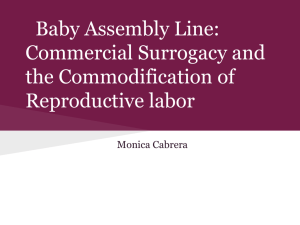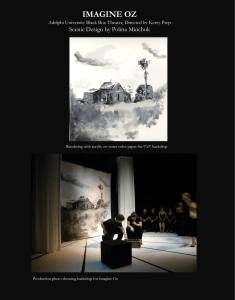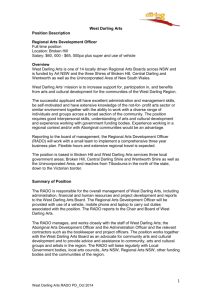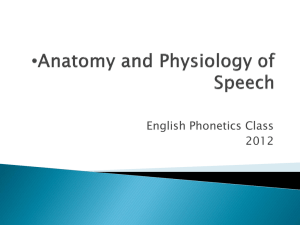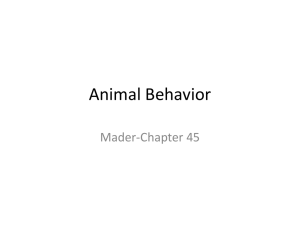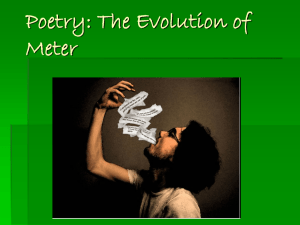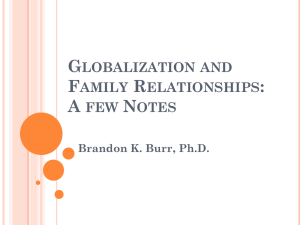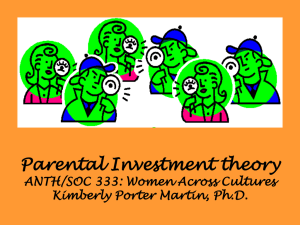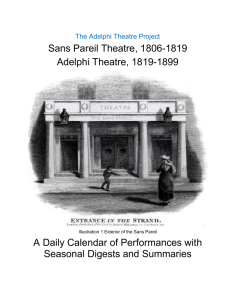Darling on Regulating International Surrogacy and the Ova Trade
advertisement
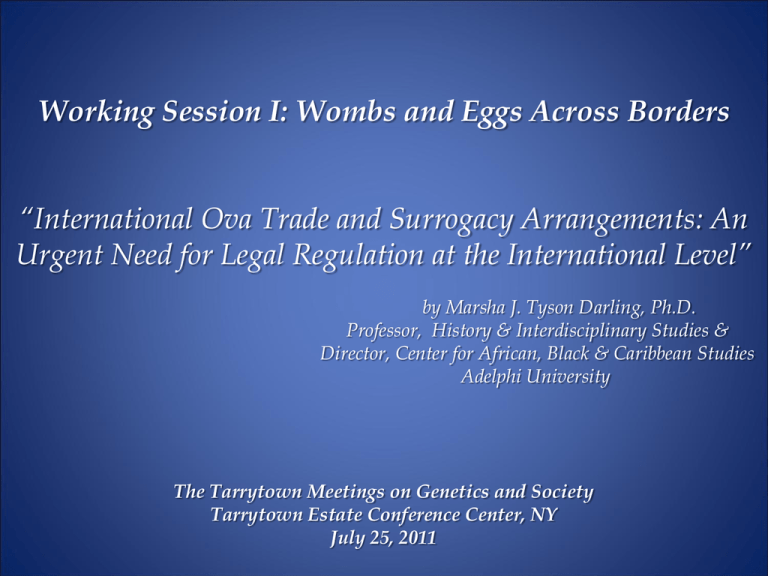
Working Session I: Wombs and Eggs Across Borders “International Ova Trade and Surrogacy Arrangements: An Urgent Need for Legal Regulation at the International Level” by Marsha J. Tyson Darling, Ph.D. Professor, History & Interdisciplinary Studies & Director, Center for African, Black & Caribbean Studies Adelphi University The Tarrytown Meetings on Genetics and Society Tarrytown Estate Conference Center, NY July 25, 2011 Some Questions for Consumers and Civil Society Advocates • What are the risks/benefits in the uses of reproductive and ova production technologies? Who benefits, who does not? Whose bodies are at risk? How accustomed are we to accepting the use of risky protocols on low income and poor women’s bodies: i.e., the history of developing contraceptive technologies? Where are calls for greater “precaution”? What is “choice” in the context of situations based on economic exploitation? • What is the balance to strive for between collective, social justice and personal liberties/individual choices? • What mechanisms do we use to allocate resources and ensure health and safety? The government -- the market ? What is the historical track record? darling@adelphi.edu So, Why Regulation of the Fertility Industrial Complex , What is the Problem? • Regulatory divides are allowing a global international market of privileged persons and third party intermediaries to commodify reproduction by exploiting low income women’s poverty/subordinate status in both the global North and South; i.e., increase in gender based exploitation and physical harms. • Human reproductive and gestational surrogacy are being “fitted” into a commercial manufacturing model , the result: the baby business. darling@adelphi.edu ARTs and Gestational Surrogacy: Infertility, Genetic Disorders • NRTs have expanded exponentially benefitting many in response to infertility, concerns for genetic markers for inheritable disorders. darling@adelphi.edu ARTs and Gestational Surrogacy: Wombs for Rent in the North and South The privilege and convenience of “skipping” baby making - but surrogates are human participants not “biological resources” in complex system. darling@adelphi.edu The Ova Trade: Demand for Women’s Eggs for NRTs and Stem Cell Research • Unregulated in terms of health and safety, lack of data, transparent oversight, and ability to protect egg providers, gestational surrogates, and infants . What are the Sharpest of the Harms? • Unequal relationship between buyers and women who sell ova and those who sell the use of their fertility organs and their entire body’s functions; interests of buyers and intermediaries are dominant. • Unequal transactions without transparent regulation of fertility-industrial complex means: inadequate informed consent, coercion, low payments or if trafficked no payments, fraud, poor health care, short and long term physical and emotional problems and risk of death. • Egg providers are exposed to deceptive advertising, questionable access to sufficient information to make informed consent really meaningful, and a lengthy and intrusive medical process with short and possibly long term side effects. • Gestational surrogates are exposed to many of the risks related to synthetic hormonal stimulation; risk multiple births and infections. darling@adelphi.edu What About Children Born to Surrogates? • Newborns w health problems or disabilities may be left w the surrogate, abandoned or placed in an orphanage, or there may be problems w establishing citizenship for the infant in the buyer’s country. darling@adelphi.edu Goals of Cross Border Effective Regulation of Fertility Industrial Complex: • Protecting human subjects means protecting women from risky biomedical applications; human subject protections can promote safe medical practice and safe medical research; reproductive organs, tissues and cell trafficking and/or trade, ova sale and surrogacy infringe on basic human rights under international law and violate international agreements on health and medical standards. Trafficking/trade in reproductive organs, tissues and cells is a unique form of human exploitation, in which ova providers and contract or agreement surrogates are seen and often treated as just “biological resources, ” not human participants. darling@adelphi.edu Elements of Cross Border Effective Regulation of Fertility Industrial Complex: Establish more accountable system for regulating fertility business. Clarify legal framework, engage signatory participation. Licensing of labs and researchers; collection of empirical data. Transparency of monitoring procedures. Prohibitions on commercial use of women’s reproductive capacity within and across borders: egg donation and surrogacy must not be commercial transactions; prevent black market trade. • Prohibitions on ART facilities producing cloned embryos. • Prohibition on commercializing payment for eggs and embryos. • Prohibition on privatization of reproductive cells and gene sequences. • • • • • darling@adelphi.edu International Agreements World Health Organization Conventions and Protocols: Existing and Amendable to Enable Advocacy – The European Parliament Resolution on the Planned Trading of Egg Cells by Great Britain and Romania (2005), and the European Parliament Resolution of the Trade in Human Egg Cells (2005). – The Declaration of Istanbul on Organ Trafficking and Transplant Tourism (2008) – it needs to add reproductive organs and tissues, embryonic or fetal organs and tissues, genes and genetic sequences. – The European Convention on Human Rights and Biomedicine (1997) and its Additional Protocol on Transplantation of Organ and Tissues of Human Origin (2002) – it needs to add reproductive organs and tissues, embryonic or fetal organs and tissues, genes and genetic sequences. – The Palermo Protocol to Prevent, Suppress and Punish Trafficking in Persons, Especially Women and Children – it needs to add reproductive organs and tissues, embryonic or fetal organs and tissues, genes and genetic sequences. – The World Health Organization could possibly expand on its Human Organ Transplantation concerns to include reproductive organs, cells and tissues, genes and genetic sequences. darling@adelphi.edu Efforts in Some Countries The United Kingdom International NGO Conference Policy and Advocacy Groups A Closing Thought… • While technologies enhance human power they have previously used and exploited resources outside of the human body; genetic technologies involve science and technology going within us. If history holds any lesson, it is that the manufacturing model of “raw materials” and “spare parts” does not belong inside of our bodies. darling@adelphi.edu darling@adelphi.edu darling@adelphi.edu darling@adelphi.edu darling@adelphi.edu darling@adelphi.edu darling@adelphi.edu darling@adelphi.edu darling@adelphi.edu
